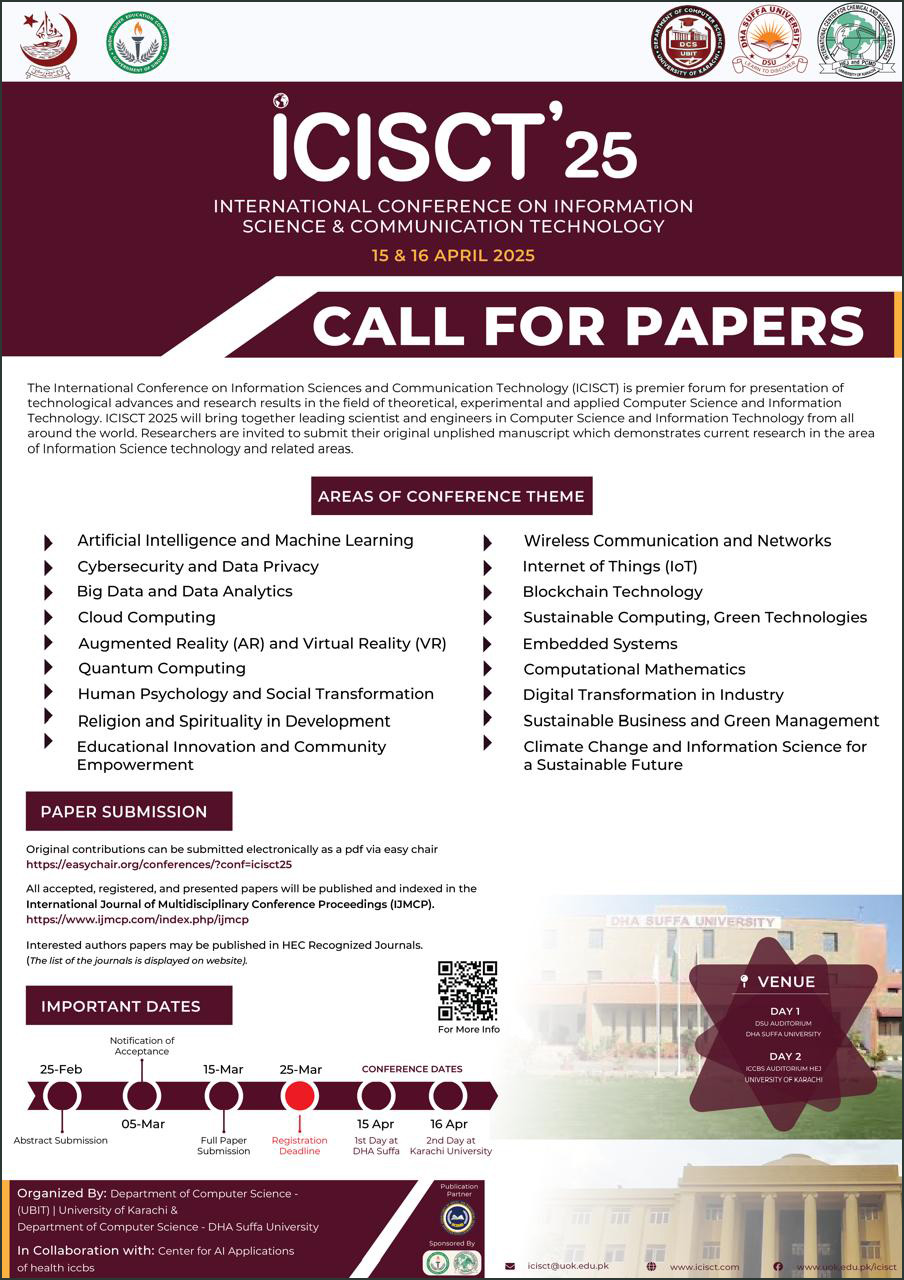Impact of Financial Technology (FinTech) Adoption Intentions on Banking Sector Sustainability: Moderating Role of Top Management Support in a UTAUT Framework
DOI:
https://doi.org/10.61503/cissmp.v3i3.225Keywords:
Unified Theory of Acceptance, Use of Technology, Management SupportAbstract
The financial services industry is rapidly evolving with the rise of FinTech, driving innovation and efficiency. FinTech adoption intentions reflect the willingness of individuals and businesses to embrace these technologies, shaped by various factors influencing their decision to engage with digital financial services. While research has highlighted the impact of FinTech on organizational sustainability through customer adoption, there is limited focus on organizational intentions, which are crucial for sustainability. This study examines how FinTech adoption affects the sustainability of the banking sector in developing countries like Pakistan, using the UTAUT framework and top management support as a key moderator. Based on 299 samples from bank customers and employees, PLS-SEM analysis reveals that while effort expectancy has a weak influence on FinTech adoption, performance expectancy (perceived benefits) significantly drives customer intentions. The findings confirm that FinTech adoption significantly enhances bank sustainability, with robust support from top management amplifying this effect. The study recommends that banks focus on improving the ease of use of FinTech solutions and clearly communicating their benefits to stakeholders to encourage adoption and promote sustainability.
Downloads
Downloads
Published
Issue
Section
License
Copyright (c) 2024 Hassan Raza, Nazakat Ali

This work is licensed under a Creative Commons Attribution-NonCommercial 4.0 International License.
Contemporary Issues in Social Sciences and Management Practices (CISSMP) licenses published works under a Creative Commons Attribution-NonCommercial (CC BY-NC) 4.0 license.









